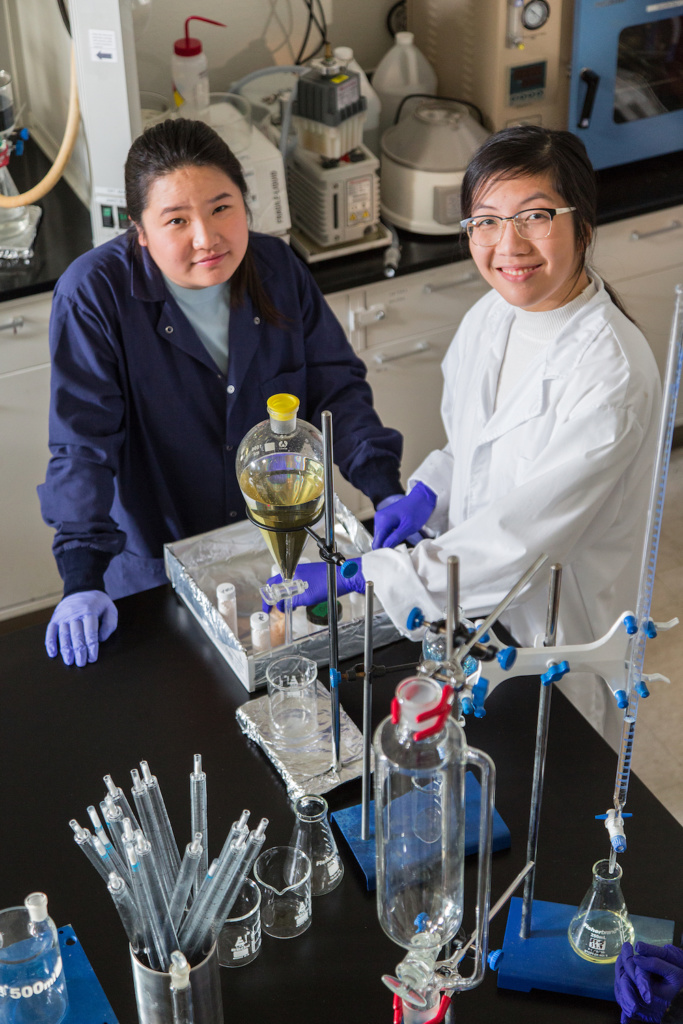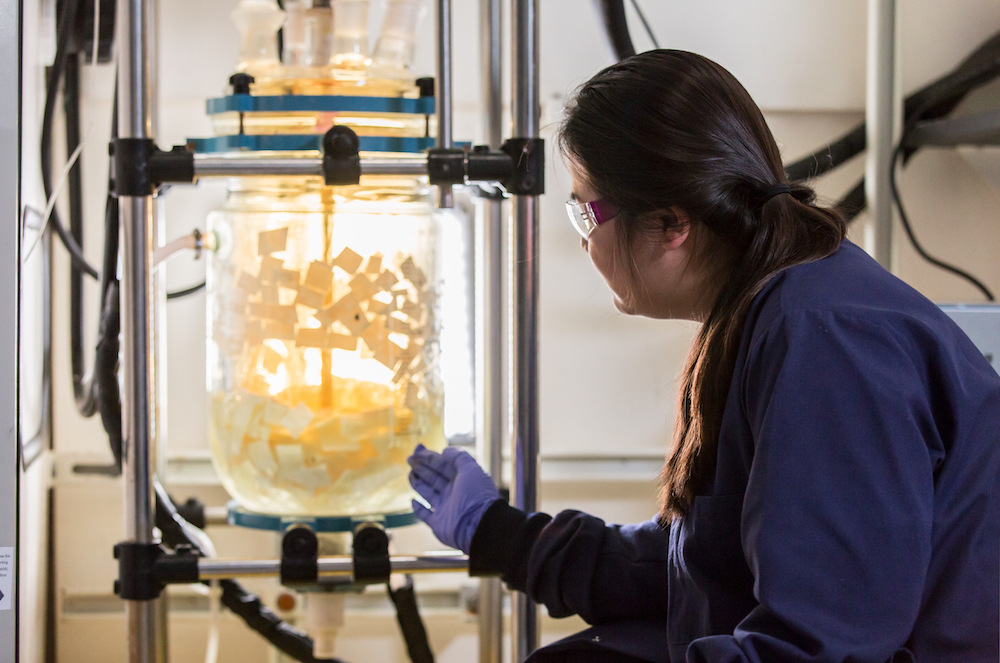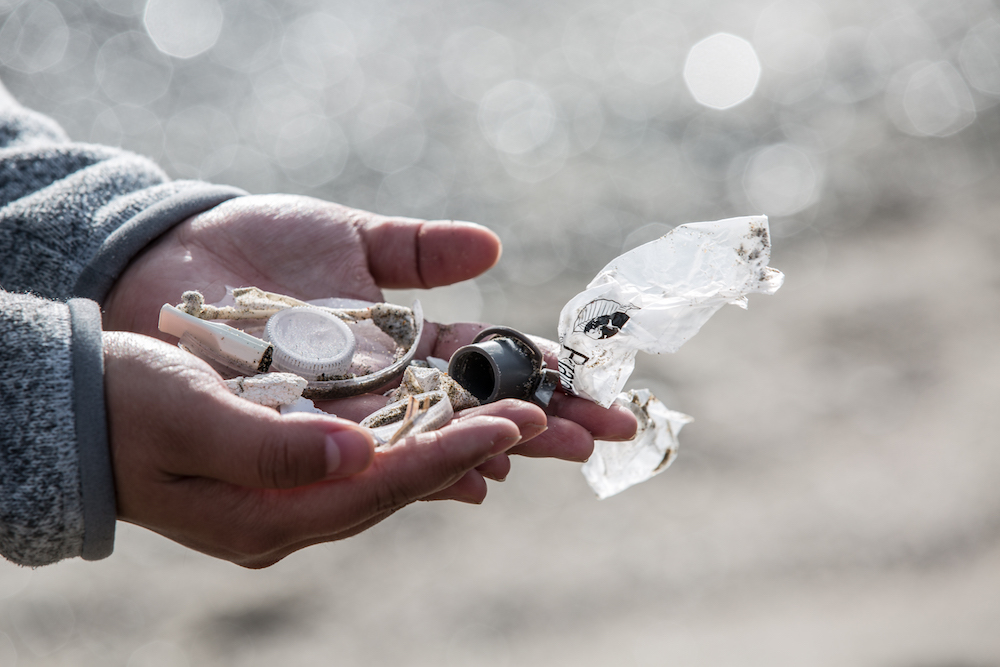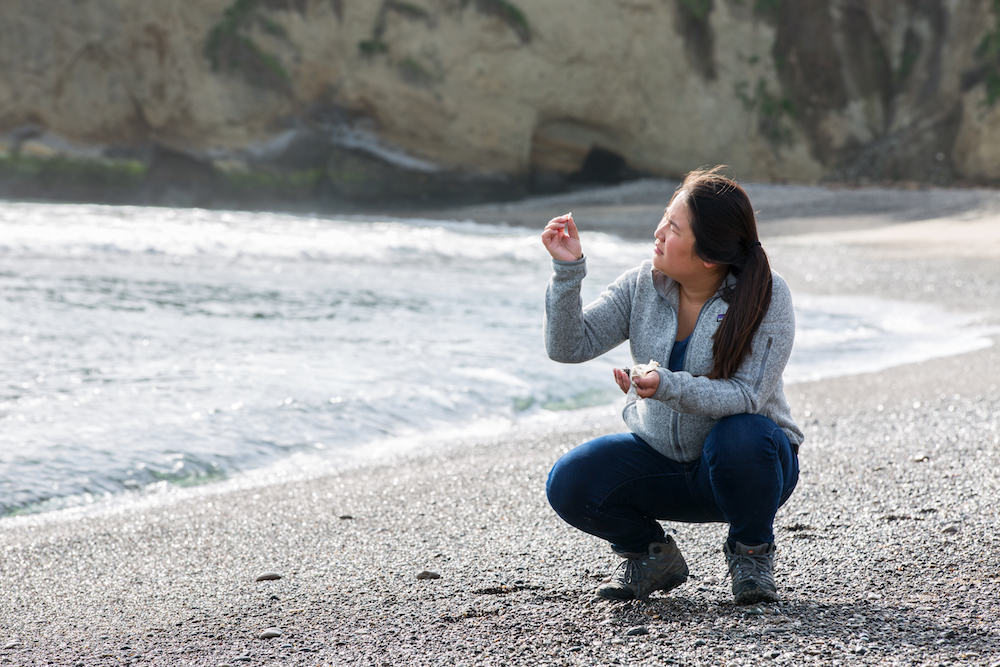A Solution to the Plastic Pollution Problem with Miranda Wang, 2019 ROLEX Awards for Enterprise Laureate
July 17, 2019
At just 18 years old, budding Canadian innovators Miranda Wang and Jeanny Yao discovered a bacterium that could “eat” plastics. Now at 25, Wang and Yao serve as the Co-Founders of BioCellection, a company based in Menlo Park, California, that works to break down previously unrecyclable plastics– like dirty grocery bags and food wraps– into chemicals that can be both biodegraded and used to create items commonly used in our society.

Wang was recently named a Laureate of ROLEX Awards for Enterprise in recognition of her ambitious endeavor to create a healthier future for the planet. Mission Blue took a moment to sit down with Wang at the Mayflower Hotel in Washington DC to learn more about her work and her goals on the horizon for solving what is perhaps the natural world’s most prominent threat.

MB: You were named a Laureate of the ROLEX Awards for Enterprise. Congratulations! What is your next step?
MW: Right now, the technology is working at the laboratory scale. What we’re aiming to achieve by 2020 is the demonstration unit. We have to scale up in multiple steps. The next step– creating the demonstration unit– is a critical one in which we’re essentially taking science out of the lab and putting it into the realm of engineering. This is a technology we’ve been working on for three years now. Our technology takes plastic waste that’s not currently recyclable today and breaks them down into chemical building blocks. We’re using these chemical building blocks to create things like materials for a steering wheel, the interior of your car and even what’s in our mattresses. The applications are vast. Plastics are really long chains of carbons that can be broken down. Think of them like Legos. When you take apart your Lego castle, you can take the tiny pieces and build them back up to any kind of structure again. We’re essentially chemically rearranging what is in these plastics and recycling them on a very fundamental level. This is a huge honor and it will help accelerate and bring this innovation to scale.

MB: There’s a lot of misconceptions about the plastic pollution problem. What is perhaps the biggest “myth” you’d like to bust?
MW: There’s two: one, that banning plastics will solve the whole problem and two; that making biodegradable plastics will solve the whole problem. Neither of these statements are true. We definitely should be reducing our plastic use and we absolutely should be developing new materials. However, the reason that neither of these ideas will be sufficient is because the plastics we produce right now have been massively scaled up; we produce over 300 million tons a year of it. We’re at a point where every single step of the supply chain– and the food chain– has plastics involved. Plastics are so deeply ingrained in our society, and many people don’t recognize that it’s not just in packaging. Plastics are in our toilet seat covers and our cosmetics containers and in stuffing in the seats we’re sitting on right now. There are many types of plastics, and right now, there’s a lack of understanding of what plastics really are. It’s not just one material. Even within packaging plastics, there are more than six different types. The overall language surrounding the plastic conversation needs to be changed.

MB: What can the everyday person do to help?
MW: The everyday person needs to do multiple things. The first thing is to reduce their plastic consumption; take advantage of reusables. The second thing people can do to help is to develop a better understanding of how waste is managed where they live.

In every country and every city, waste is managed differently. It depends on what your local waste management facility can take and how they process it. Waste doesn’t actually get recycled in every city. The garbage gets taken to a centralized facility, taken apart, sorted, and once it’s sorted, it’s sent to specialized recycling facilities– sometimes countries away. In some cities when they say things are being recycled, it just means it doesn’t go into the local landfill. But that could mean that that plastic is actually polluting the ocean in Indonesia, for example.
MB: Why is it so important for people to educate themselves about their local waste management facility?
MW: This information can influence how people manage their own waste at home. Beyond our personal households, understanding the recycling process can help educate people on how to advise their politicians to potentially invest in the local technologies, adopt new recycling policies or find channels where they can increase recycling efforts. The reason I don’t recommend just using biodegradable plastics is because the plastics that are certified compostable today aren’t actually compostable. They’re only compostable in industrial compostable facilities, which heat the plastics to 140 degrees Fahrenheit, and if the plastics aren’t heated to that temperature, the biodegradable ones don’t even break down. That’s why current compostable materials is not a silver bullet.
Wang says, “If we want to continue living on this planet, we have to solve the plastic pollution problem and we have to solve it within our generation. Humans have the incredible ability to innovate to survive at times when it matters. Now is one of those times.”









